July 21, 2023
New accelerated degree helping early childhood educators to achieve their dreams
UOW the first university to develop cross-sectoral designed degree for early childhood educators
For Karrissa Corsaro, the opportunity to increase her teaching skills and qualifications without compromising on her commitments to her family and to her work was too good to pass up.
The early childhood educator and mother of six had considered undertaking a university degree in early childhood education, but the thought of taking time off work and spending four years studying was not appealing.
Then along came the University of Wollongong’s (UOW) new Bachelor of Education – The Early Years (Accelerated), which will enable early childhood educators working in the field to complete an undergraduate degree in two years instead of four.
“I had always wanted to get my bachelor’s degree but it’s just too hard to fit it in with my other commitments and I didn’t want to take time out of the workforce,” said Karrissa, who works at a community preschool on the NSW South Coast.
“I wanted to study but I didn’t enrol up until the last minute because I didn’t know if I could manage, but I didn’t want to lose the opportunity. I realised I could make time in my day and the flexibility of the degree was exactly what I needed.”
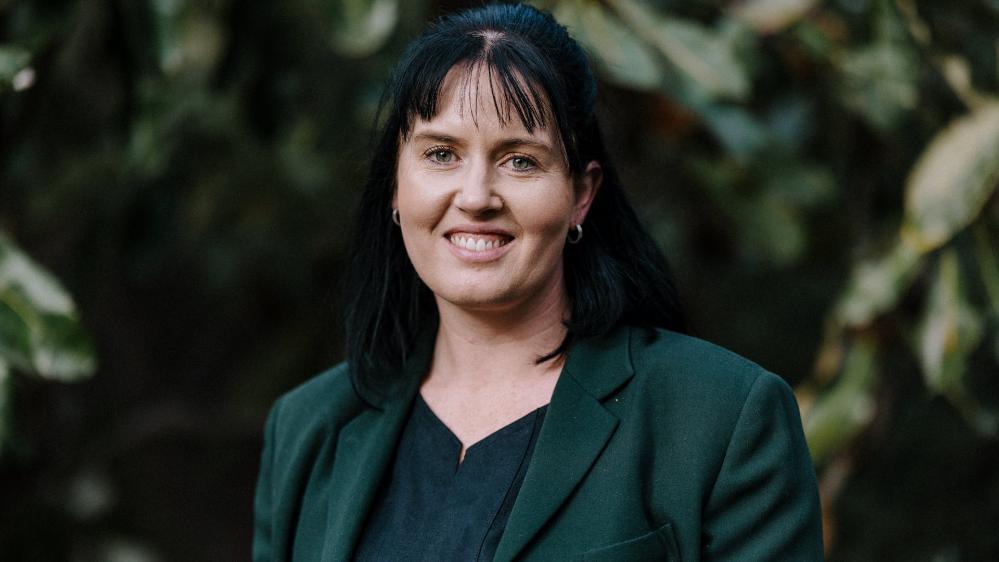
Karrissa is part of a large cohort of early childhood educators who were drawn to the accelerated degree, which officially began this week with a two-day orientation session at UOW’s Wollongong Campus.
The two-year degree, developed in partnership with the NSW Department of Education and the Early Learning and Care Council Australia (ELACCA), aims to boost the number of early childhood teachers, address staff shortages in the sector, and remove the barriers to study. Since the degree launched in March, the response from the sector has been overwhelming.
Early childhood teachers are degree-qualified with at least four years of tertiary study. Early childhood educators have completed a diploma or certificate in early childhood studies.
Associate Professor Cathrine Neilsen-Hewett, Academic Director of the Early Years at UOW, is overseeing the degree. She said the team expected strong enrolments but were thrilled that more than 300 early childhood educators had seized the opportunity to further their skills and education.
“We knew there was a huge demand for this type of degree, one that allows early childhood educators to continue working in the field while at the same time furthering their education. But even we were surprised by the amazing response we have received from the sector,” Associate Professor Neilsen-Hewett said.
The Bachelor of Education – The Early Years (Accelerated) will be delivered online, ensuring that students are able to continue their work while undertaking their studies.
In addition to the accelerated course design and professional experience, students will be paired with a mentor from the early childhood sector to provide them with guidance and support throughout their studies.
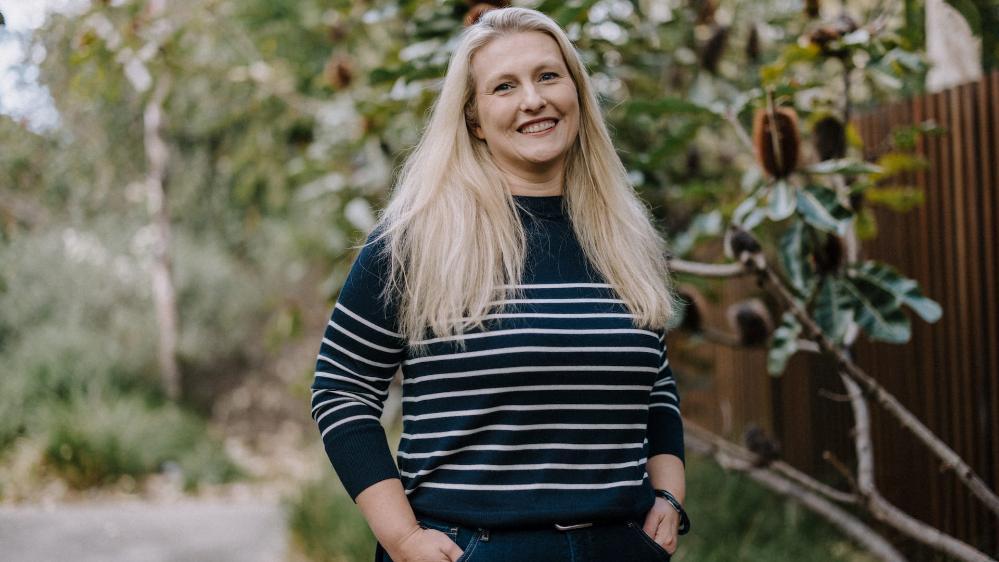
Amy Taylor, an early childhood educator at a school in Calderwood, has been working in the field for two decades and said the timing felt right to begin studying.
“The flexibility of the online degree is what captured me. It was the perfect time to start,” Amy said. “I have three teenagers so it is good for my children to see that it’s never too late to continue your education.
“I had always wanted to get a degree, because there is always something new to learn in early childhood. You don’t stay in this job as long as I have if you don’t love it.
“It is all about building connections with families, and often those connections continue for years to come.”
Timing and flexibility were also the key factors for Ashleigh Ceeney, an early childhood educator in Western Sydney.
Ashleigh said the degree would enable her to maintain her work-life balance while furthering her career.
“The workload is reasonable and I am able to work full time and study around work and being a mother,” Ashleigh said. “It will benefit my work by opening new doors of opportunity that will lead to career progression and the potential for increased income. I will also be able to mentor my fellow educators.”
Ashleigh is one of four educators from her centre who decided to study at the same time, so they could support each other through the degree.
In addition to an accelerated course load, mentorship underpins the new degree. The early childhood educators will be paired with an experienced mentor to guide them throughout the degree.
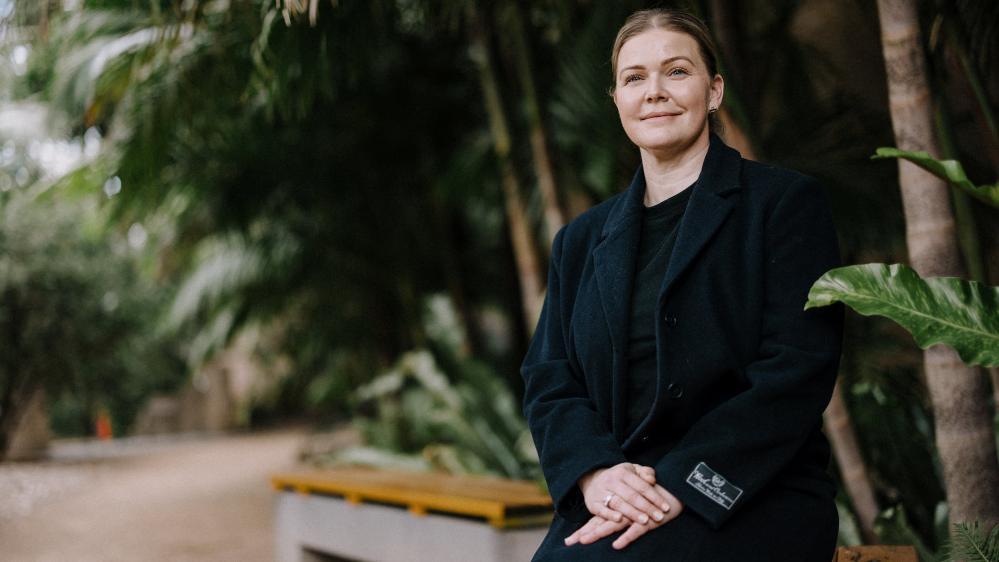
Associate Professor Neilsen-Hewett said UOW had received more than 140 expressions of interest from mentors in the four months since the program was announced. She said the new intensive program is evidence-informed, contextually relevant, and sustainable, which strongly supports equity of access for participants.
“Through the program design process, we collaborated with the sector and drew upon the important work we have been doing in Early Start – a UOW entity that was recently recognised as a national leader of research of Early Childhood,” Associate Professor Neilsen-Hewett said.
“It will provide educators with a connected and valuable learning experience, to help them perform a vital function for children and families in NSW.
“We have designed and structured the program in a way that supports educators to move through the degree within an accelerated pathway without compromising quality or content. Educators complete content across three sessions per year rather than two and engage in rich and contextually relevant work-based placements and assessments.
“The degree has been designed with the sector and for the sector. It responds directly to some of the challenges faced by educators in the past wanting to upskill their qualifications.
“The barriers to workforce development are very real and the disconnect between university priorities and the needs of the workforce can make university study particularly challenging.”
Emma Stevenson, a childhood educator from Southern Sydney, said that while she too was drawn to the flexibility of the degree, she was also thrilled to have the opportunity to learn from experienced mentors and to improve her pedagogical practice.
“The traditional course structure of an undergraduate degree would never be doable due to other commitments and needing to work full time,” Emma said. “The layout and the support systems in place have made me feel excited to challenge myself and undertake this course, as this degree layout will allow me to grow professionally in my career.
“The most appealing part of the degree was how evident it was that the University had researched and listened to the educators in the early childhood sector and created a degree that understood that knowledge can be gained outside of university.
“By having mentors assigned to students, it mimics the diverse ways that you would gain knowledge when working in the early childhood sector. You are constantly learning and gaining knowledge from those around you.”
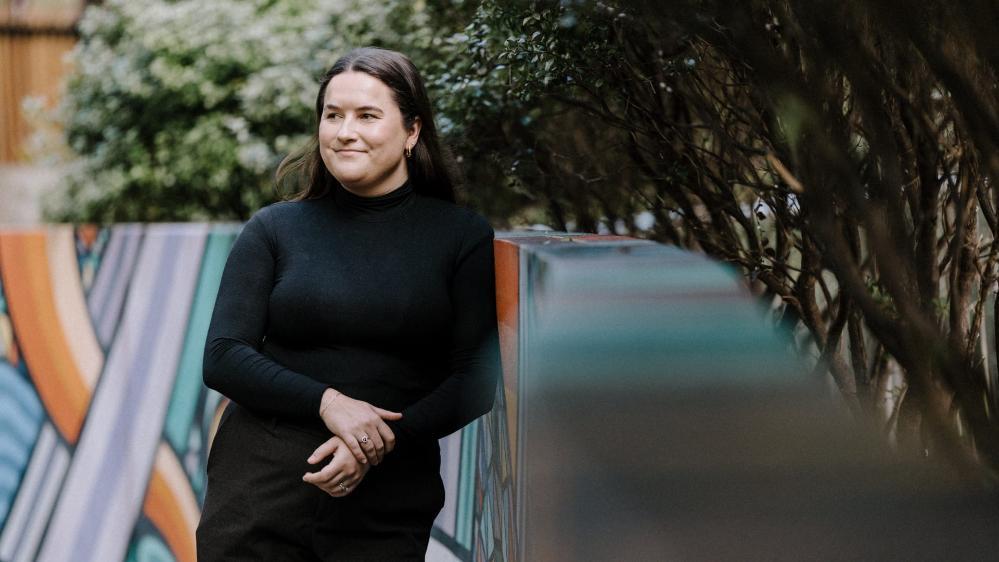
The Bachelor of Education – The Early Years (Accelerated) was developed in response to a tender from the NSW Department of Education. UOW was the only university to have been successful in the process. UOW was the only university to have been successful in the process.
Professor Penny Van Bergen, Head of the School of Education at UOW, said she was delighted by the response from early childhood educators.
“We know how important flexibility is for early childhood educators who are already juggling work, family, and other commitments. One key feature of our program is that students will study online - and while 12 weeks of a professional experience program are required across the two years, there is flexibility around the timing and length of placements,” Professor Van Bergen said.
“By removing those existing barriers to study, we’re empowering strong educators to genuinely integrate their own sector experience with new academic learning.”
NSW Deputy Premier and Minister for Education and Early Learning Prue Car said the evidence-informed program will help meet sector demand for highly skilled teachers as a key commitment to addressing current workforce pressures.
“By recognising work experience and prior learning through a credit-point system, we can support great educators to take the next step in their careers and become qualified teachers in just two years.
“Educators will be able to translate what they’re studying in real time into their daily practice, working with children to improve their education and learning outcomes.”
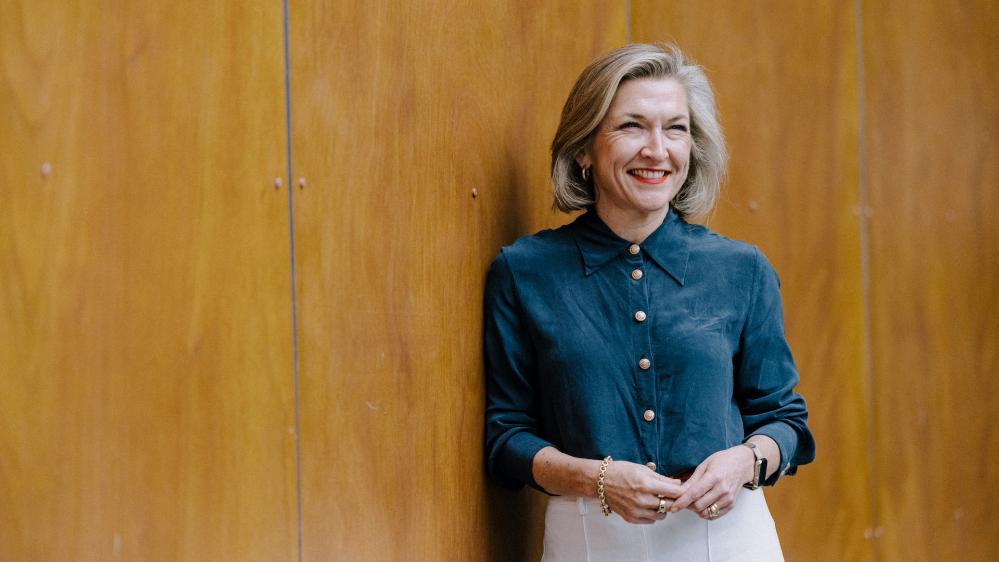
While the benefits of the degree will be felt by Ashleigh, Amy, Emma, and Karrissa, who are all able to continue their full-time work while studying and spending time with their families, the benefits to the communities in which they work, and the sector more broadly, will resonate for years to come.
“Supporting educators and creating a course which truly reflects a deep understanding of how society currently is; with its challenges and honouring prior learning will continue to uplift and strengthen them as well as their centres, families, communities and most importantly, the next generation,” Emma said.
Karrissa, who was motivated to begin a career in early childhood teaching after raising her own children, said she hopes the degree will encourage more people to join the sector.
“Seeing children develop and grow, watching their brains tick, learning new skills, it is so wonderful and rewarding. Watching my children grow in their early years really made me realise that this is what I want to do. You can make a real difference in children’s lives and create strong bonds with their families and the community,” Karrissa said.
“I hope this degree, having the opportunity to study without taking time out from the workforce, will inspire more educators to continue their learning.”
